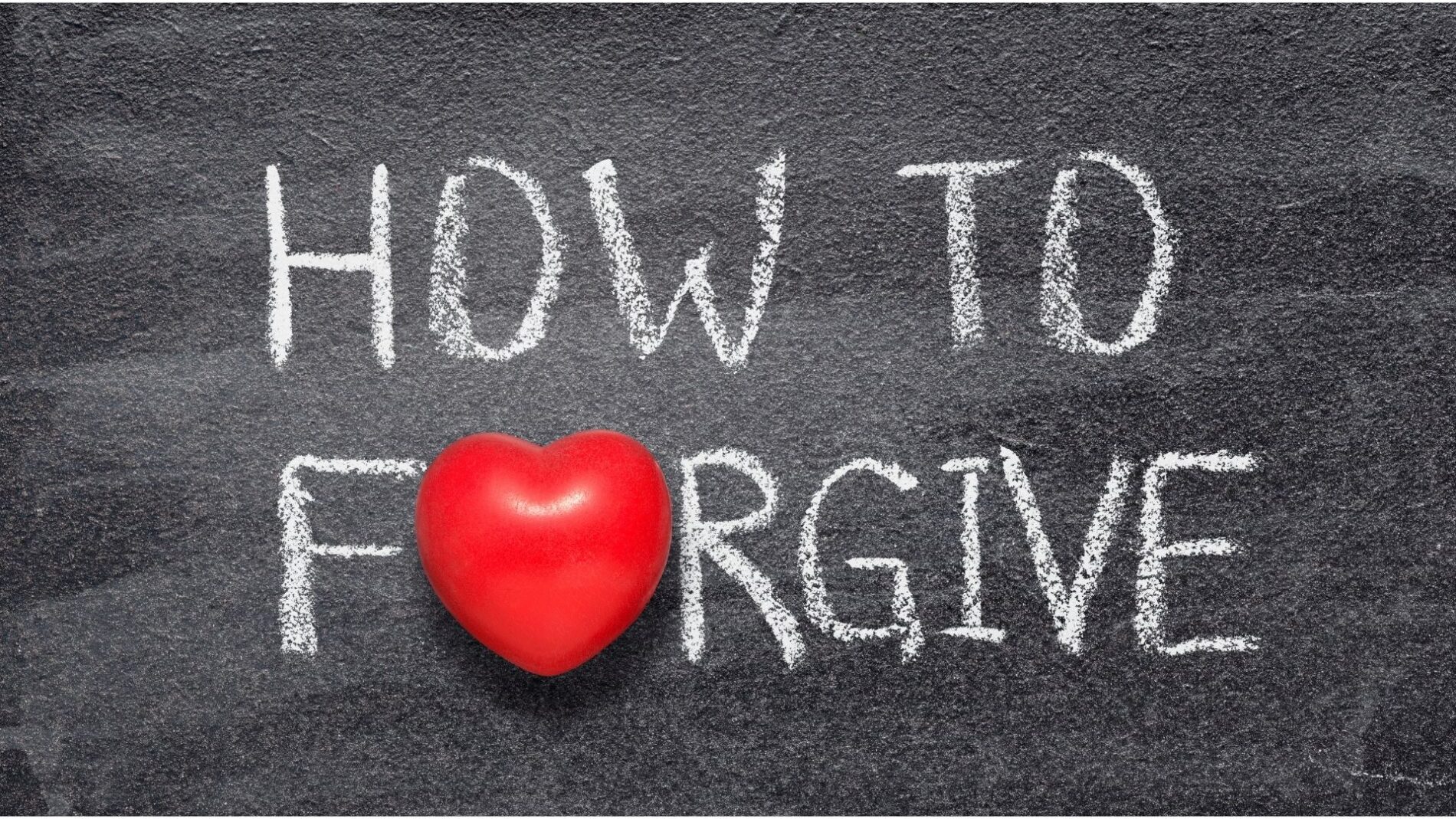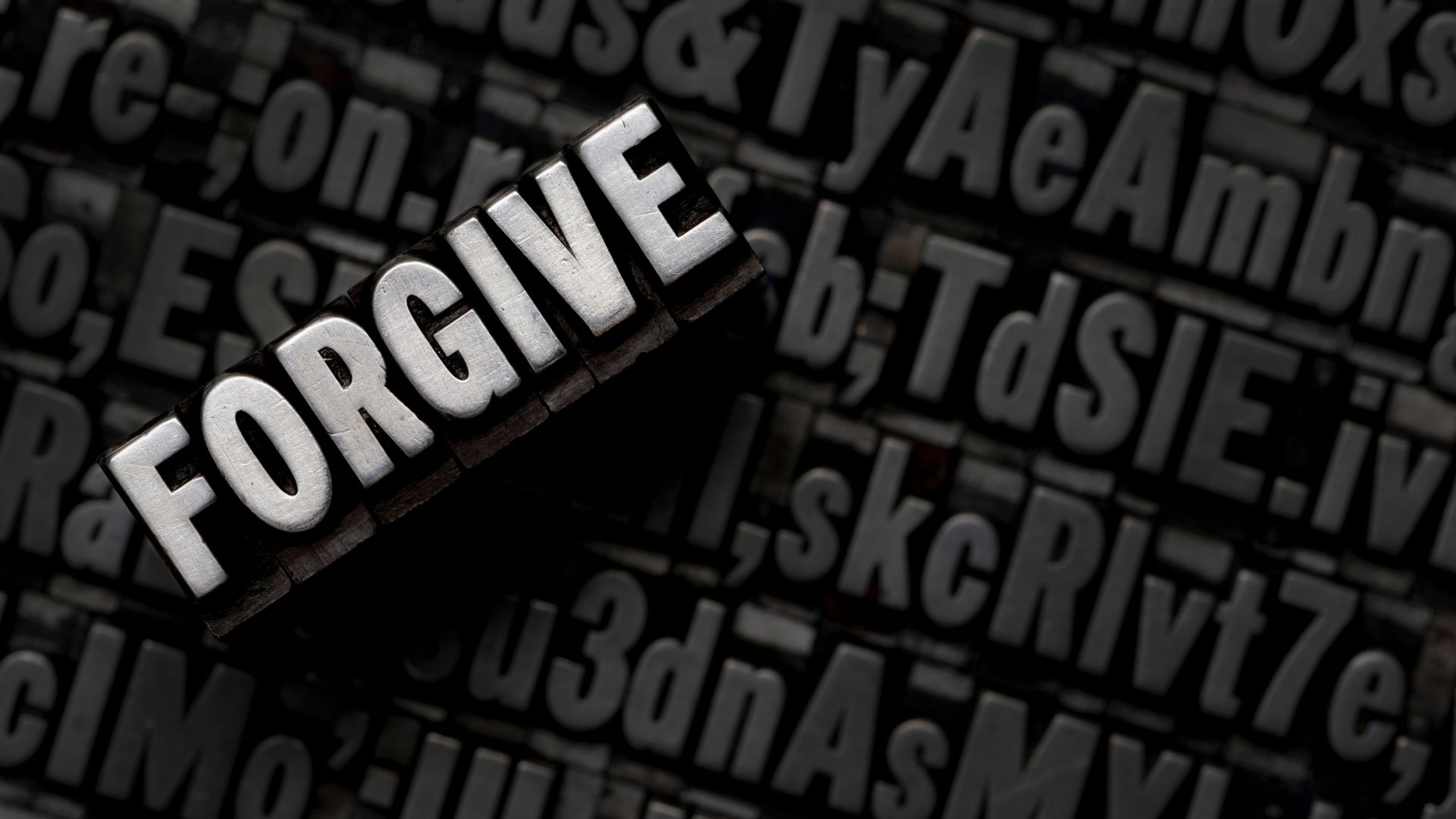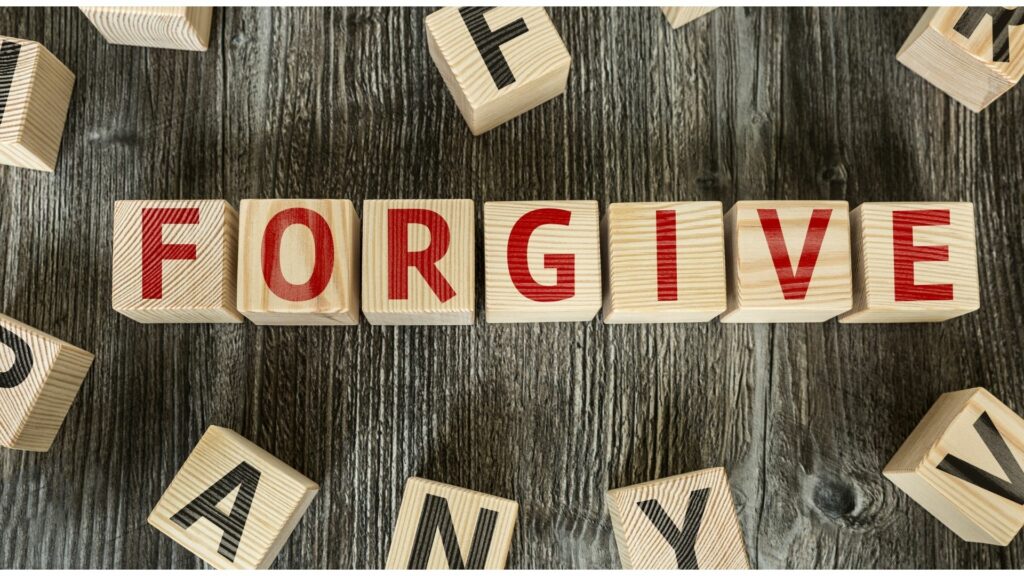Contents
Self-Forgiveness
Do you ever sit around and feel guilty for things that have happened in the past? Whether it be something that has happened to someone else or something that has happened to you, there are many ways to work through guilt. In this article, we will go over 12 different steps on how to forgive yourself!
Making peace is often easier said than done. Forgiving yourself is hard. It needs kindness and understanding. It also needs you to accept that forgiveness is a choice.
If you make a small mistake or one that affects your whole life, the steps to forgive yourself will be the same. It can be very hard to forgive yourself. But it is worth it.
Tips To Forgive Yourself

Here are 12 tips you can try the next time you want to forgive yourself.
1. Focus on your emotions
One of the first steps in learning how to forgive yourself is to focus on your feelings. Before you can move forward, you need to think about your emotions. Give yourself permission to feel the feelings that have been triggered in you. And welcome them.
2. Acknowledge the mistake out loud
It is okay if you make a mistake. But if you keep making the same mistakes, it might be because you haven’t learned anything from them yet. Tell other people about your mistake and what you learned from it so they can help too.
When you speak out the thoughts in your head and emotions in your heart, you may feel better. You can also learn from your actions and consequences.
3. Think of each mistake as a learning experience
When you make mistakes, think about it as a learning experience that could help you to do better in the future. When we think about how we did the best we could with what we had, it can help us forgive ourselves and move on.
4. Give yourself permission to put this process on hold
If you make a mistake, and you can’t stop thinking about it, try to visualize it. Put your feelings and thoughts about the mistake into a container. Then, tell yourself that you are putting this aside for now. You will return to it if and when it will benefit you.
5. Have a conversation with your inner critic
Journaling can help you understand your inner critic. You can write in your journal when you are feeling bad. This will help you feel better. One thing you can do is to write a conversation between you and your “inner critic.” This will help you identify thought patterns that are making it hard to forgive yourself. You can also keep a journal of your thoughts. You can tell people what you see as your strengths and skills. When you make a mistake, it can be hard to feel good about yourself. But when you do something nice for someone else, it can help your self-confidence.
6. Notice when you are being self-critical
We all have a voice in our head that is not kind. Write it down when it comes up. Your voice inside your head might surprise you.
7. Quiet the negative messages of your inner critic
Sometimes it can be hard to recognize the thoughts that are getting in the way of forgiving someone. Think of your inner critic as a character and describe it. What does it look like? What does this character say? How does this make you feel? How can you make friends with your inner critic and stop listening to the things it says?
On one side of a piece of paper, write down what your inner critic says. Take the other side, write what you know it is saying to be true (which tends to be critical and irrational). On the other side of the paper, write a self-compassionate and reasonable response for each thing you wrote on the other side of the paper.
8. Get clear about what you want
If you made a mistake that hurt someone else, you need to find the best way to fix it. Do you want to talk with this person? Do you want to make up with them? If you are on the fence about what to do, it might be a good idea to make amends. It is not enough to just say sorry when you have hurt someone. If you do something wrong, try to fix it. One study found that it is easier to forgive yourself if you first make amends.
9. Take your own advice
If you make a mistake and want to fix it, ask yourself what advice you would give your best friend. Then take your own advice.
If you’re having a tough time understanding this, it can help to talk about it with your friend. Ask them to help you when you make a mistake. You will get to hear about what they are struggling with. Then you can help them by telling them what to do.
10. Quit playing the tape
It’s human nature to spend time and energy thinking about what we did wrong. Some processing is important because it will help you to forgive yourself. But you can’t go over what happened again and again.
When you catch yourself thinking negative thoughts, stop and think about one thing you did well. For example, instead of listening to a recording again, take three deep breaths or go for a walk.
If you get stressed and anxious, interrupt the pattern of your thoughts.
11. Show kindness and compassion
If you are the first person to criticize yourself when something bad happens, it might be time to show yourself some compassion. You cannot begin the journey to forgiveness if you are not kind and compassionate with yourself.
This takes time and patience. You must remind yourself that you are worthy of forgiveness.
12. Seek professional help
If you are struggling to forgive yourself for your mistakes, then it might help if you talk to a professional. McBain recommends talking to a counselor who can teach you how to break these unhealthy patterns in your life and learn new ways of coping with mistakes.
Benefits of Self-Forgiveness

Forgiveness is a good thing. Forgiveness helps us if we have been hurt, or if someone has done something bad to us. It means to forgive others and yourself. You can do it for yourself or the other person.
Mental Health
If you forgive yourself, then your feelings will be better and you will feel better about yourself. People who forgive themselves have less depression and anxiety. Self-compassion makes you feel better. It helps you be more successful, productive, focused, and concentrated.
Physical Health
By forgiving someone, you can have better physical health. Research shows that forgiveness can make your cholesterol levels better, reduce pain in your body, and lower the chance of a heart attack.
Relationships
If you are kind to yourself, you will make better relationships. It is important to have friendships. But, sometimes your friend will not be nice. You need the ability to fix your friendship when this happens.
Limitations Of Forgiving Yourself
It is important to be kind to yourself. You should forgive yourself if you do not deserve it. This model is only for people who are not responsible for something they did not do.
People who have had bad things happen to them might feel shame and guilt even though they did not do anything wrong. People can think that they should have been able to predict a bad outcome. Sometimes this means that they will change their mind about something.
Challenges Of Forgiving Yourself
Why is it hard to forgive yourself? Why do people want to punish themselves over a small mistake they made? You might feel bad if you do something different from what you believe. For example, some people might think it is wrong to steal or break a promise. If they do something that is not in line with their values, they might feel bad.
Some people naturally go over and over negative feelings, but it is easier for them to do this. Self-forgiveness is tough because it means admitting that you did something wrong and that you might need to change.
Lastly, it’s hard for people who are not ready to change to forgive themselves. Instead of admitting they need to change, people might pretend they are okay. They might overlook or excuse things that they do wrong.
Potential Drawbacks
Some people think that self-forgiveness is good for you. But sometimes it can be bad. This means that sometimes it is not good for you to forgive yourself. Self-forgiveness can make you feel like you don’t need to be sorry for the people who were hurt by your actions.
Self-forgiveness is when you forgive what you have done wrong. It can make you feel better. But it also means that it might be hard to see how other people are feeling. You can avoid this by trying to understand how it feels when people are affected by your actions.
Conclusion
One of the most important things that anyone can do in their lives is to forgive themselves. Withholding forgiveness from oneself is a sure-fire way to create an unhealthy and unhappy life, but even more so if you are not able to find peace with yourself on your own. As humans we all make mistakes, whether big or small, it’s part of what makes us human. The key is accepting those mistakes as our own and learning how they have made us who we are today without being too hard on ourselves for them. When trying to learn how to forgive yourself think about these questions: What does forgiving myself mean? Who am I forgiving when I say “forgive me”? How will this help me feel better about myself?
If you are looking for affordable Online Counseling MantraCare can help: Book a trial therapy session


